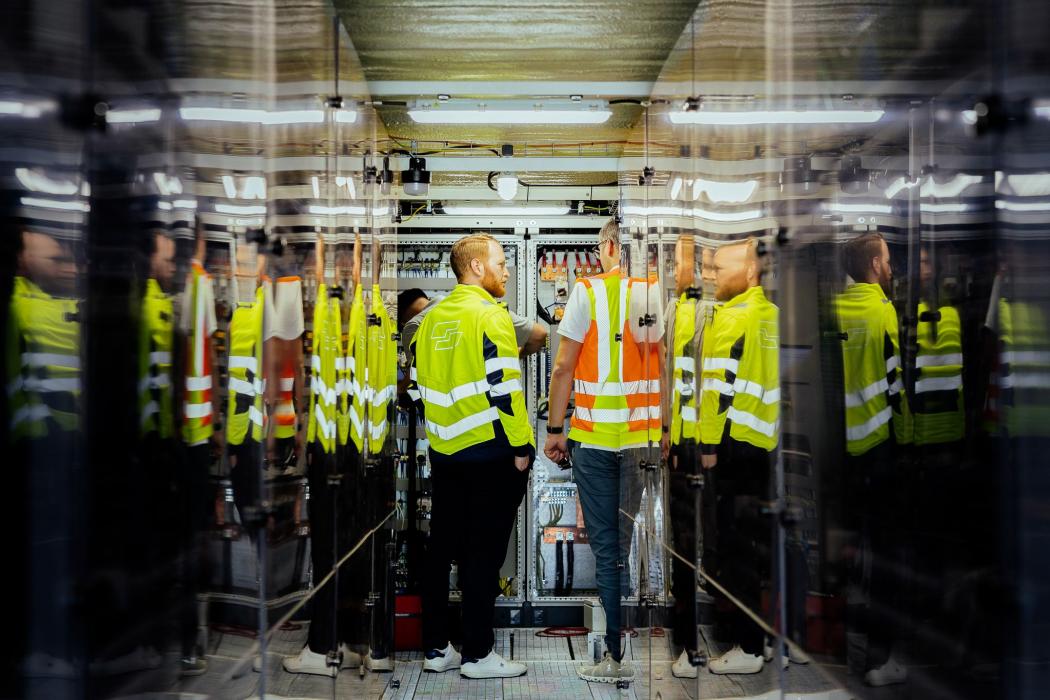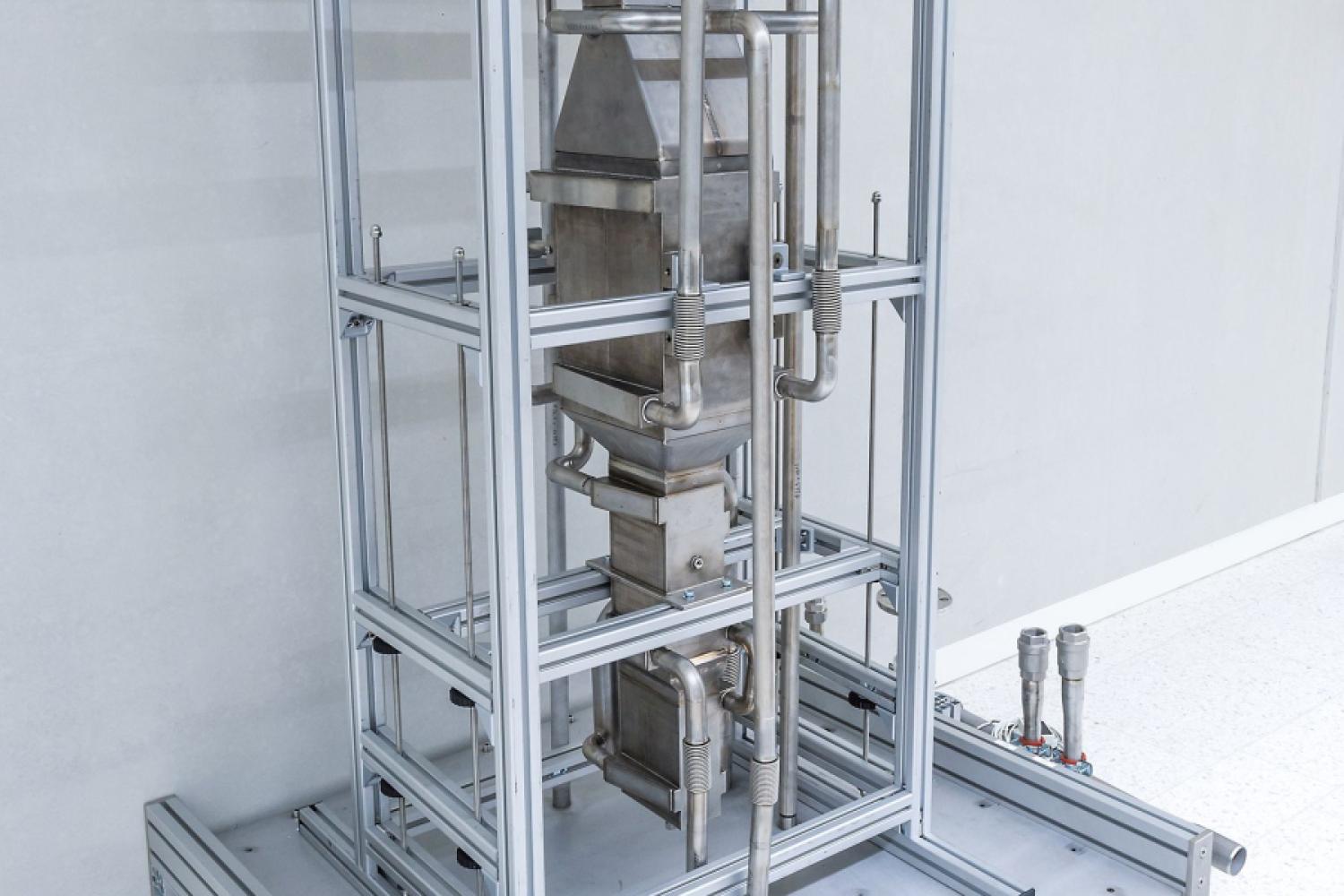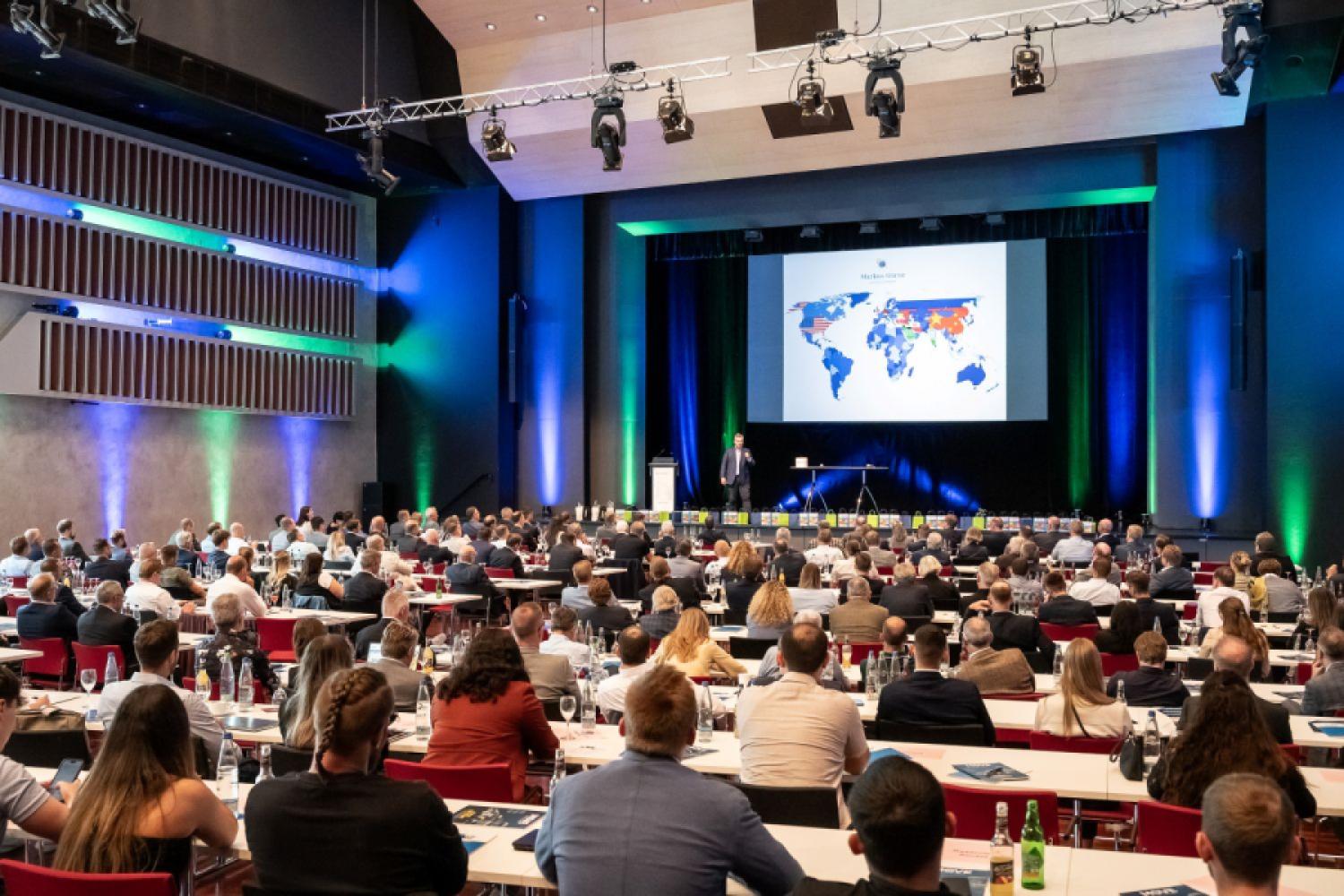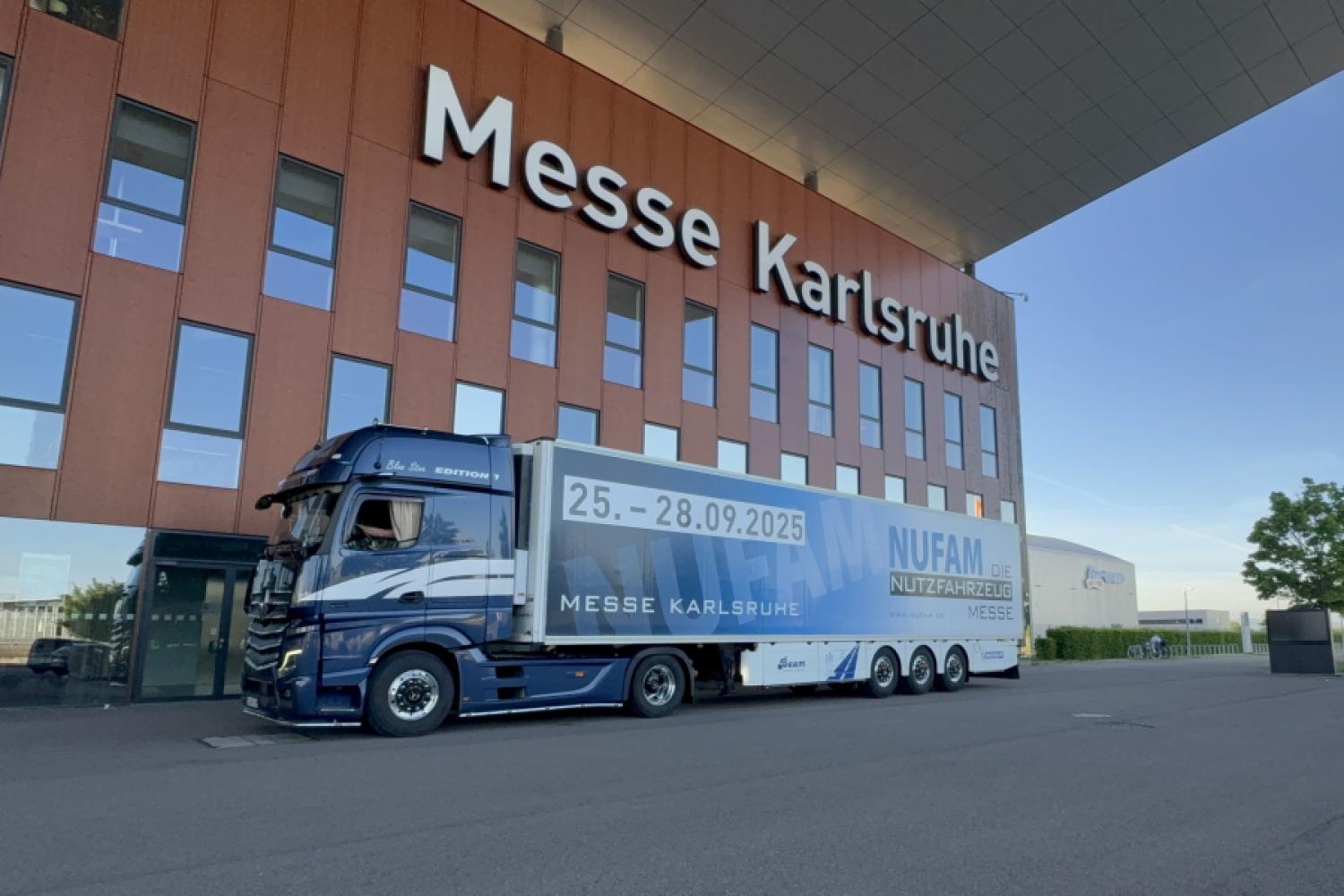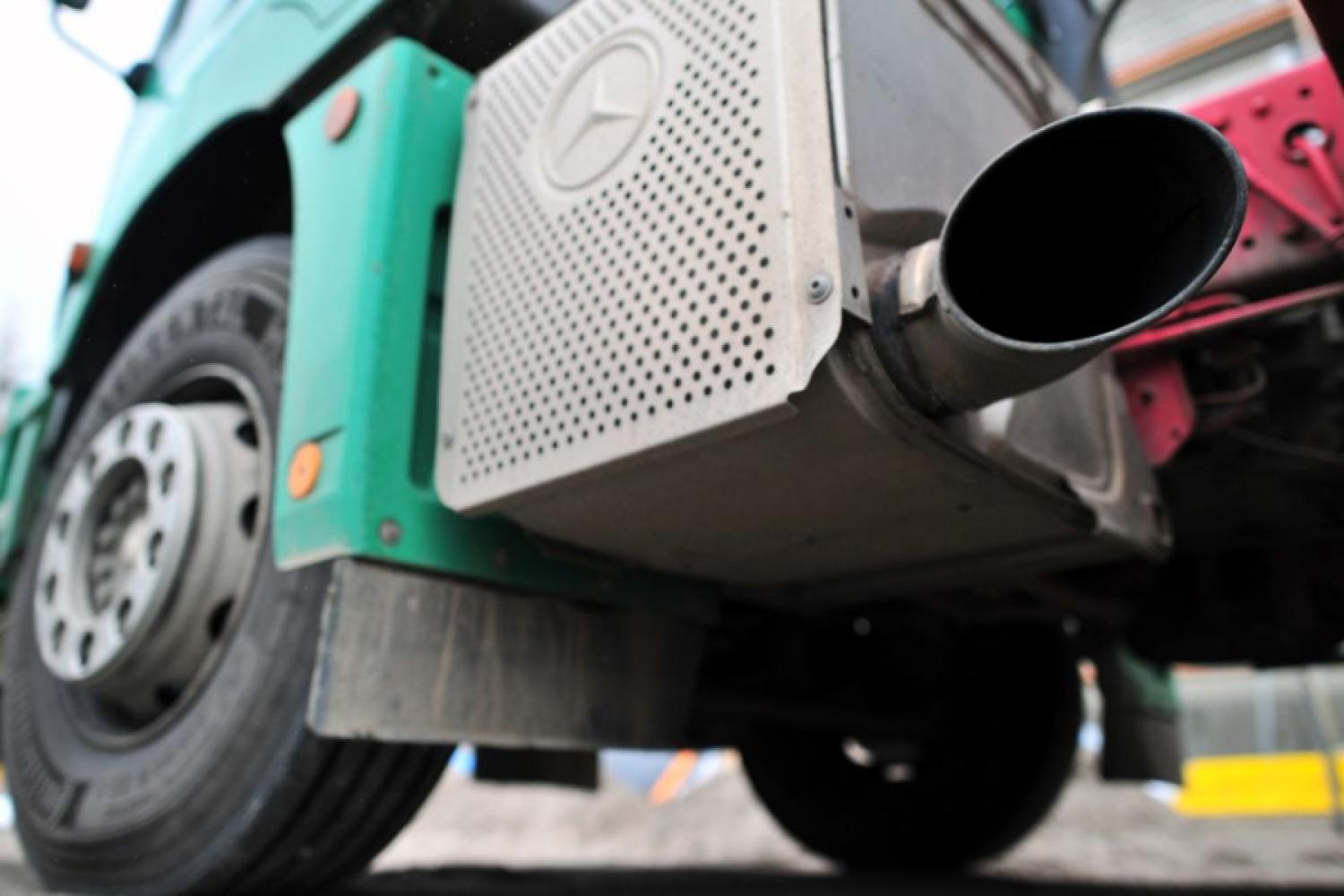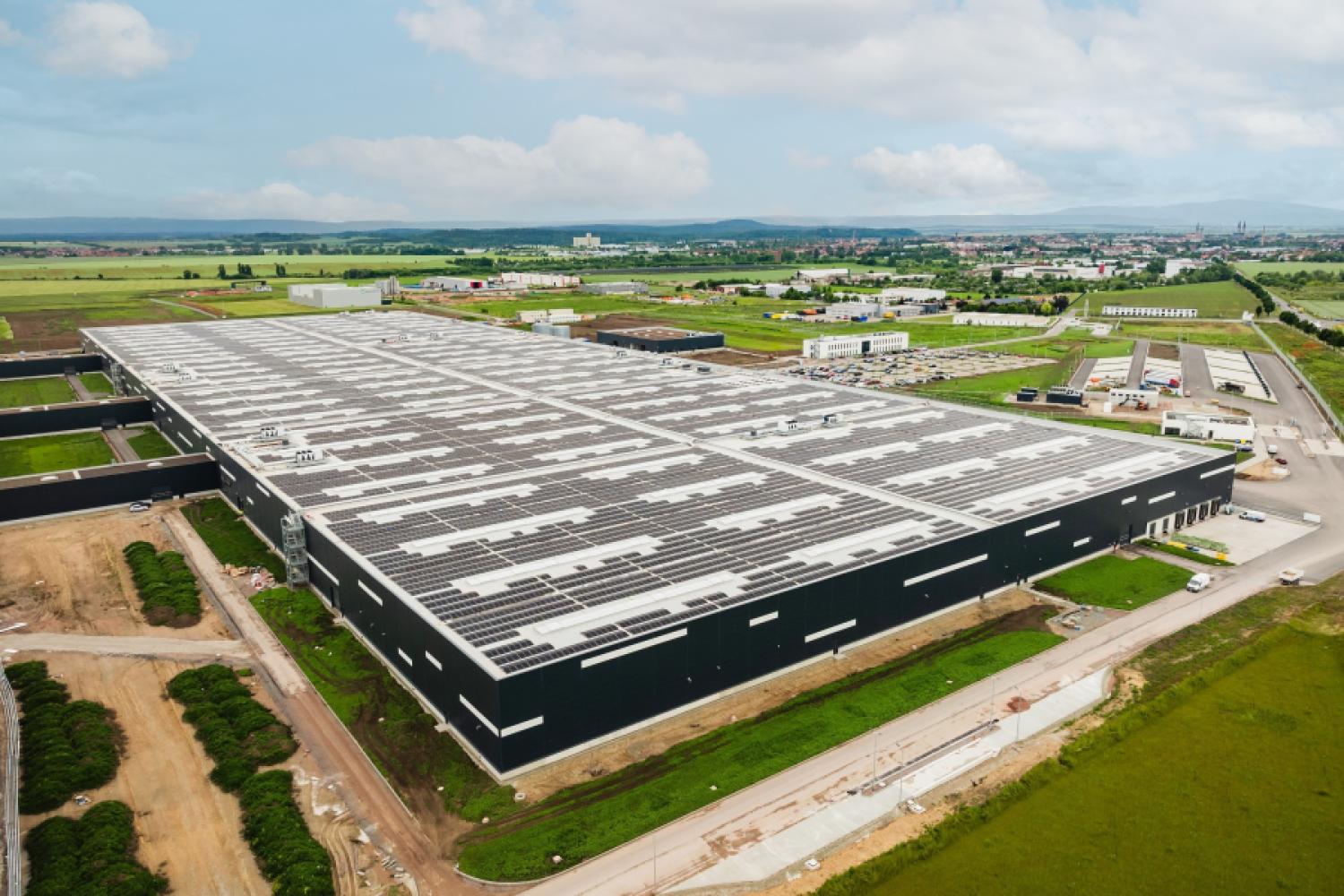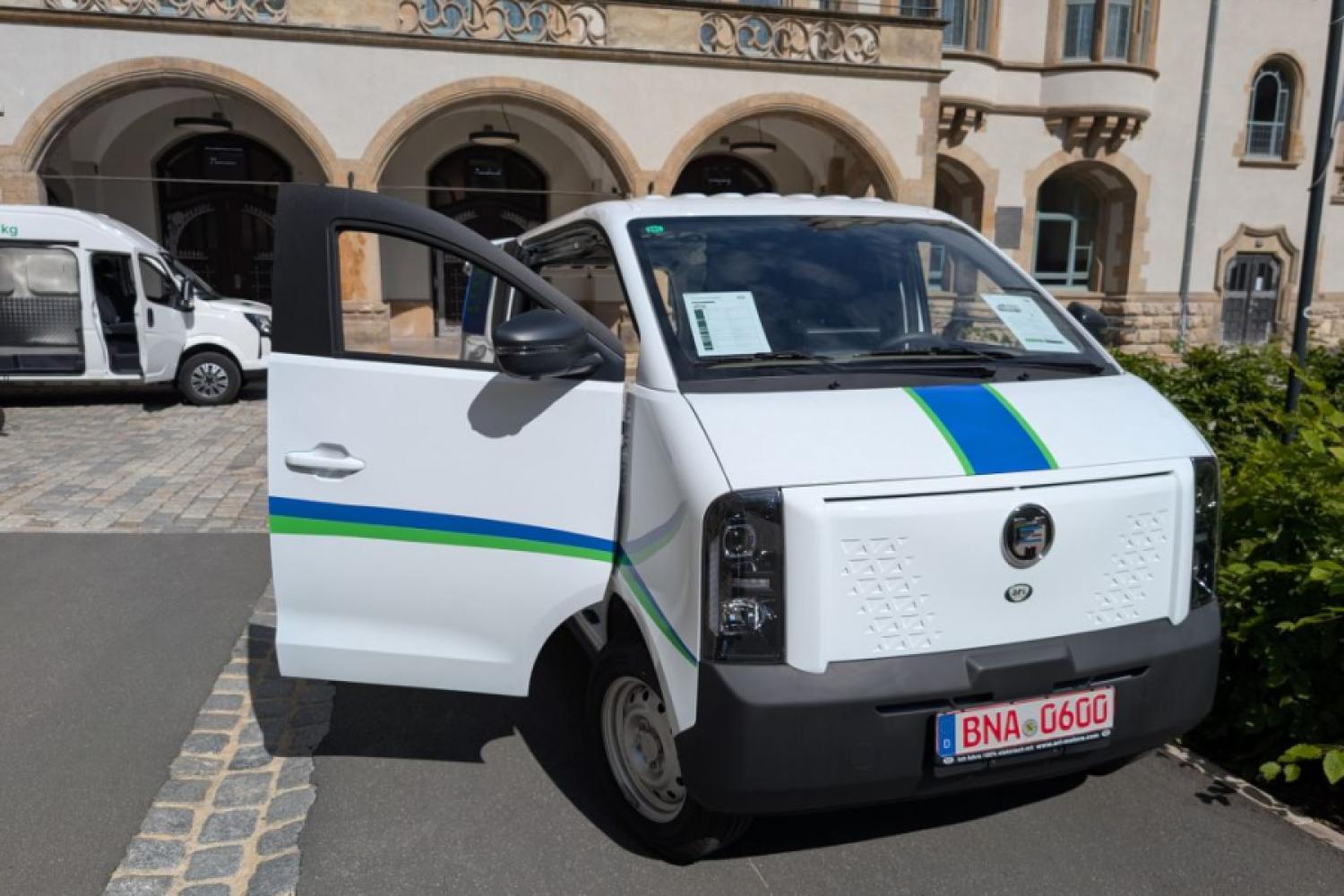The logistics service provider Nagel-Group is setting another milestone on the path to sustainable logistics: A battery storage system from the Austrian manufacturer CellCube has been put into operation at the Bochum site. The new storage system complements the rooftop photovoltaic system, also located at the Bochum site, and significantly increases the self-consumption rate of the generated electricity, according to a statement by the Nagel-Group on July 8.
So far, around 40 to 50 percent of the solar energy from the photovoltaic system could not be used directly and was therefore fed into the public grid. With the new power storage, these surpluses can now be efficiently stored and consumed directly on-site when needed, according to Nagel-Group. According to the logistics provider, utilizing their own electricity can save up to 450,000 euros in electricity costs per year. The power is used to supply cooling systems, charge electric trucks and industrial trucks, and
avoid power load peaks throughout the day.
Sustainability, Economic Efficiency, and Supply Security for Food Logistics
“The new battery storage is another important component of our sustainability strategy,” says Carsten Taucke, CEO of the Nagel-Group. “It not only allows us to use renewable energy more efficiently but also to further strengthen the supply security for our temperature-controlled processes.”
According to the statement, the CellCube storage technology offers several advantages for food logistics. With a storage capacity of 2.5 MWh and a maximum power output of 500 kW, the deployed battery storage reliably provides energy, even at night or on days with low solar radiation. This is particularly advantageous in the area of temperature-controlled logistics processes: In the event of a short-term network interruption, the storage can step in and ensure the power supply to critical cooling systems, acting as a temporary backup power source.
Another advantage seen by the Nagel-Group is intelligent
peak load management. Especially in food logistics, there are repeatedly strongly fluctuating energy demands, such as when charging several electric trucks simultaneously. The power storage can cushion these load peaks with a power intake of up to 666 kW. The vanadium-flow technology is based on non-flammable, water-based electrolytes, which operate safely even at extreme temperatures between -40 and +45 degrees Celsius.
At the same time, the system impresses with its lifespan of over 30 years and more than 30,000 charging cycles. The full storage capacity is maintained throughout its entire lifespan.
Consistently Conceived Sustainability
From the perspective of technical operations, the deployment is a clear future model, as André Pleines, Executive Director Real Estate of the Nagel-Group, emphasized: “With the CellCube system, we are opting for a storage solution that fits the requirements of our logistics centers optimally: robust, low-maintenance, and economically scalable. The technology can be seamlessly integrated into our existing
infrastructure and helps us to make our energy supply more independent and sustainable in the long term.”
According to the information, the sustainability of the storage solution is evident not only in its operation but already begins with manufacturing: The vanadium electrolyte used is obtained from recycled raw materials, such as by-products of the steel industry. It is non-flammable, non-explosive, reusable, and contains no rare earth elements.
“With the Nagel-Group, we gain a forward-looking partner that demonstrates how sustainable energy storage and business-critical applications like cold chain logistics can interact perfectly,” said Christoph Stelzer, COO of CellCube Energy Storage GmbH. “Our vanadium technology offers the necessary security, longevity, and scalability for this.”
Exemplary Character for Other Locations
The Bochum site serves as a pilot project for integrating power storage into food logistics. Other logistics centers of the Nagel-Group, including in Hamburg, are already in the concrete planning phase for the implementation of
